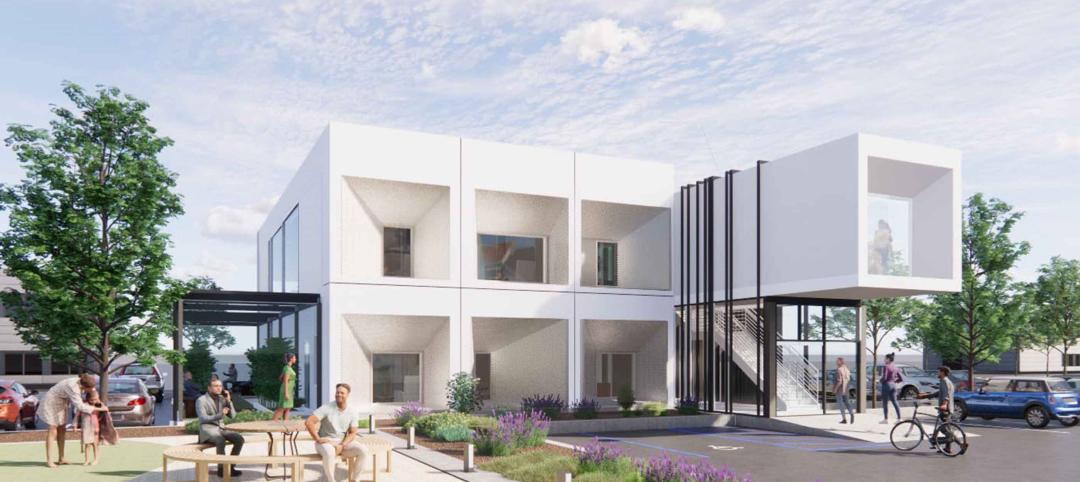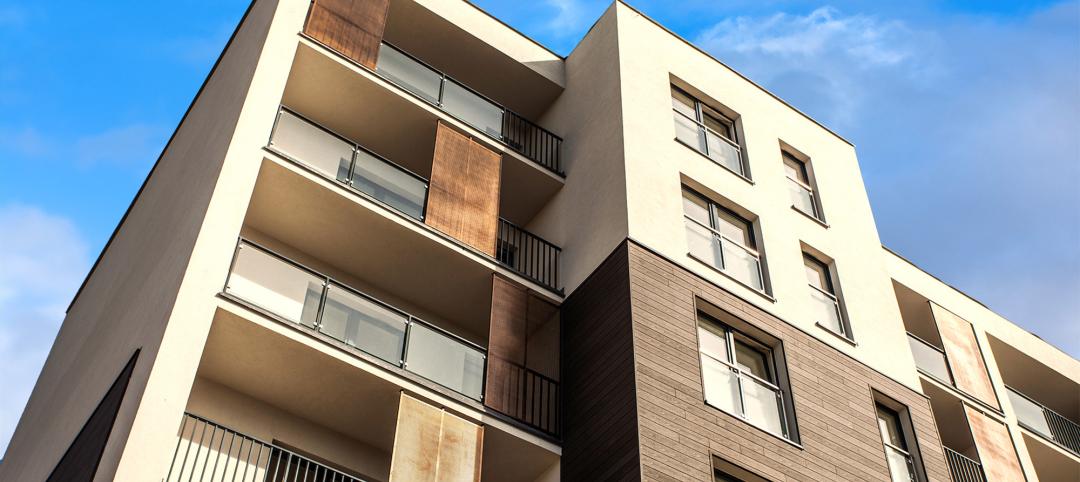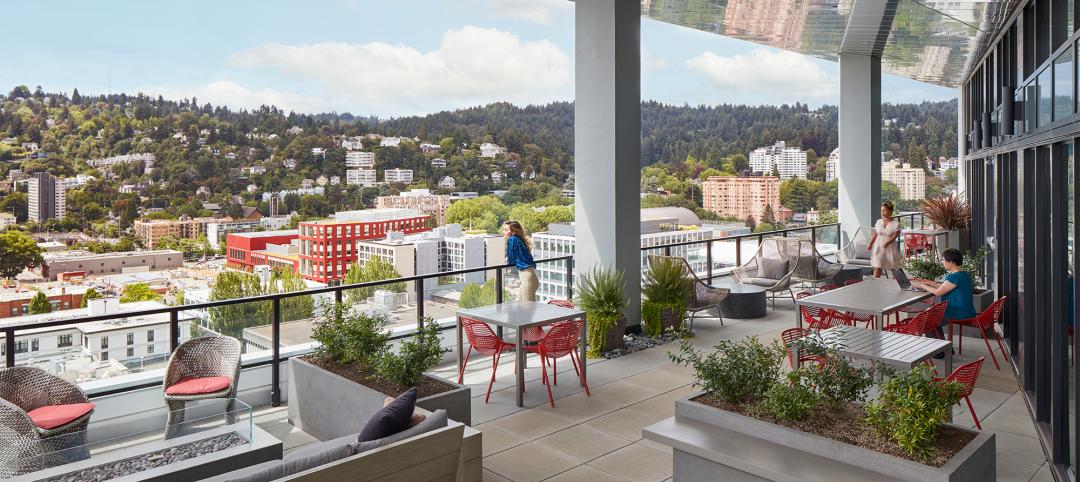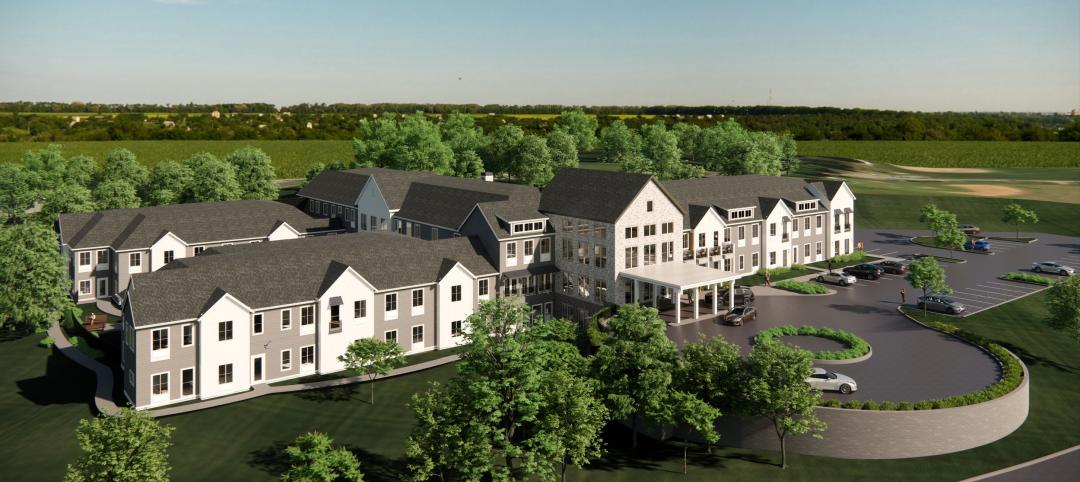The International Code Council surveyed building and fire departments to learn how code officials are coping with the professional challenges brought on by the COVID-19 pandemic. From March 22 through April 1, 2020, more than 1,150 respondents from all 50 U.S. states and the District of Columbia provided input. Respondents came from jurisdictions of all sizes ranging from 1,000 people to over 4.6 million.
The survey collects trends, ideas, solutions and best practices from code officials about how they are keeping up with new building permits and new construction during the pandemic months.
Although the U.S. Department of Homeland Security has determined the work of building and fire prevention departments to be essential to the nation’s response to the coronavirus pandemic—and no state has made a contrary determination—6 in 10 survey respondents did not have the capability to remotely carry out critical aspects of their work. With many departments already under resourced and many state and local governments facing severe revenue downturns resulting from the coronavirus pandemic, it is critical that federal coronavirus response funding be directed to building and fire prevention departments that need it to continue their essential functions. Such investments would speed the restart of our economy and produce lasting reductions in departmental operation costs and permitting timelines.
The recently passed Coronavirus Aid, Relief, and. Economic Security Act (CARES Act, H.R. 748), provides state, local, tribal, and territorial (SLTT) governments with $150 billion through a Coronavirus Relief Fund (CRF) for necessary spending in response to this public health emergency, $45.4 billion through FEMA’s Disaster Relief Fund (DRF), and $5 billion through the Community Development Block Grant (CDBG) program. Funding that enables code departments to work remotely should be an eligible activity under the CRF, and both the DRF and CDBG program have funded code enforcement activities previously. The Code Council has also urged the U.S. Congress to allocate support specifically for code department remote capabilities as part of a fourth coronavirus response measure Congress is currently considering.
The main survey findings are:
- The majority of departments surveyed (93%) are still performing inspections, either remotely or in-person. This falls in line with what the Code Council expected given that many areas have classified construction and code compliance activities as essential.
- More than half (65%) of respondents said that some or all employees that conduct plan review or inspections are working remotely.
- A large percentage of jurisdictions (66%) use a combination of electronic and hard copy versions of building safety codes, while a much smaller percentage of jurisdictions (7%) have advanced to using all electronic. 27% of respondents said their jurisdiction used only hard copies. This could create challenges where hard copies are shared and departments do not have enough hard copies for each now-remote employee that needs them. In fact, 23% said their employees do not have access to needed hard copy code books.
-
Many jurisdictions have made the switch to electronic services, but a large percentage still do not have the capacity to go virtual. In particular:
- 40% do not have the capability to do electronic/remote plan reviews.
- 30% do not have the capability to do any aspect of electronic/remote permitting.
- 61% do not have the capability for electronic/remote inspections.
- To expand services to fight the coronavirus pandemic, many healthcare facilities are putting beds in alternative locations (like school gymnasiums, hotels, outpatient surgical centers) or in temporary structures in their parking lots. 26% of respondents have encountered requests for permits for temporary occupancy and/or temporary structures as a result of the COVID-19 pandemic.
“The results of this survey show how quickly and efficiently many Code Council governmental members have moved from office work to telework and have adapted to a new virtual work environment,” said Code Council Chief Executive Officer Dominic Sims, CBO. “Now more than ever, we are reminded of the importance of building safety. Throughout this crisis, the Code Council will remain committed to its mission to advocate for building safety professionals around the world and identify new ways to contribute to public safety.”
“Code officials are essential to keeping our communities safe and protected. Especially during these difficult times when we find our greatest protection from remaining inside, their continued service to ensure building and public safety is critical,” said Code Council Senior Vice President of Government Relations Sara Yerkes. “We commend the offices across the nation that have virtually reframed their operations and we urge Congress, states and local governments to recognize the need for an allocation of resources directed to building departments to continue the important work of ensuring new construction and remodeling projects meet fundamental safety standards.”
This survey is ongoing, and the Code Council will continue to collect responses to these important questions. Forthcoming will be a document outlining best practices on virtual code compliance activities.
View the survey report and infographic.
Related Stories
Office Buildings | Jun 3, 2024
Insights for working well in a hybrid world
GBBN Principal and Interior Designer Beth Latto, NCIDQ, LEED AP, ID+C, WELL AP, share a few takeaways, insights, and lessons learned from a recent Post Occupancy Evaluation of the firm's Cincinnati, Ohio, office.
MFPRO+ Special Reports | May 6, 2024
Top 10 trends in affordable housing
Among affordable housing developers today, there’s one commonality tying projects together: uncertainty. AEC firms share their latest insights and philosophies on the future of affordable housing in BD+C's 2023 Multifamily Annual Report.
K-12 Schools | Apr 29, 2024
Tomorrow's classrooms: Designing schools for the digital age
In a world where technology’s rapid pace has reshaped how we live, work, and communicate, it should be no surprise that it’s also changing the PreK-12 education landscape.
Healthcare Facilities | Mar 18, 2024
A modular construction solution to the mental healthcare crisis
Maria Ionescu, Senior Medical Planner, Stantec, shares a tested solution for the overburdened emergency department: Modular hub-and-spoke design.
Office Buildings | Mar 8, 2024
Conference room design for the hybrid era
Sam Griesgraber, Senior Interior Designer, BWBR, shares considerations for conference room design in the era of hybrid work.
Airports | Jan 15, 2024
How to keep airports functional during construction
Gensler's aviation experts share new ideas about how to make the airport construction process better moving forward.
Apartments | Jan 9, 2024
Apartment developer survey indicates dramatic decrease in starts this year
Over 56 developers, operators, and investors across the country were surveyed in John Burns Research and Consulting's recently-launched Apartment Developer and Investor Survey.
MFPRO+ Special Reports | Jan 4, 2024
Top 10 trends in multifamily rental housing
Demographic and economic shifts, along with work and lifestyle changes, have made apartment living preferable for a wider range of buyers and renters. These top 10 trends in multifamily housing come from BD+C's 2023 Multifamily Annual Report.
Urban Planning | Dec 18, 2023
The impacts of affordability, remote work, and personal safety on urban life
Data from Gensler's City Pulse Survey shows that although people are satisfied with their city's experience, it may not be enough.
Senior Living Design | Oct 30, 2023
Navigating architectural challenges—from 'unbuildable' to unbelievable
Mick Schaefer, AIA, NCARB, LEED GA, recounts the challenges Vessel Architecture & Design had to overcome while designing a state-of-the-art senior living facility.

















